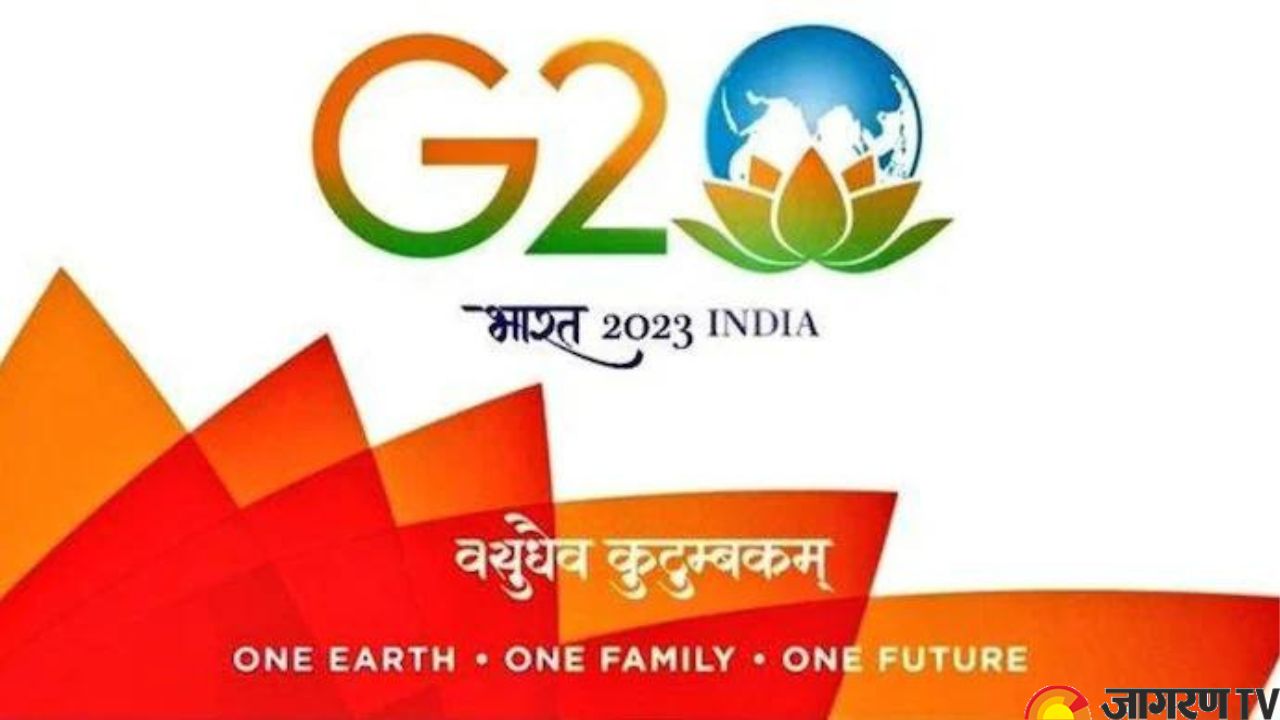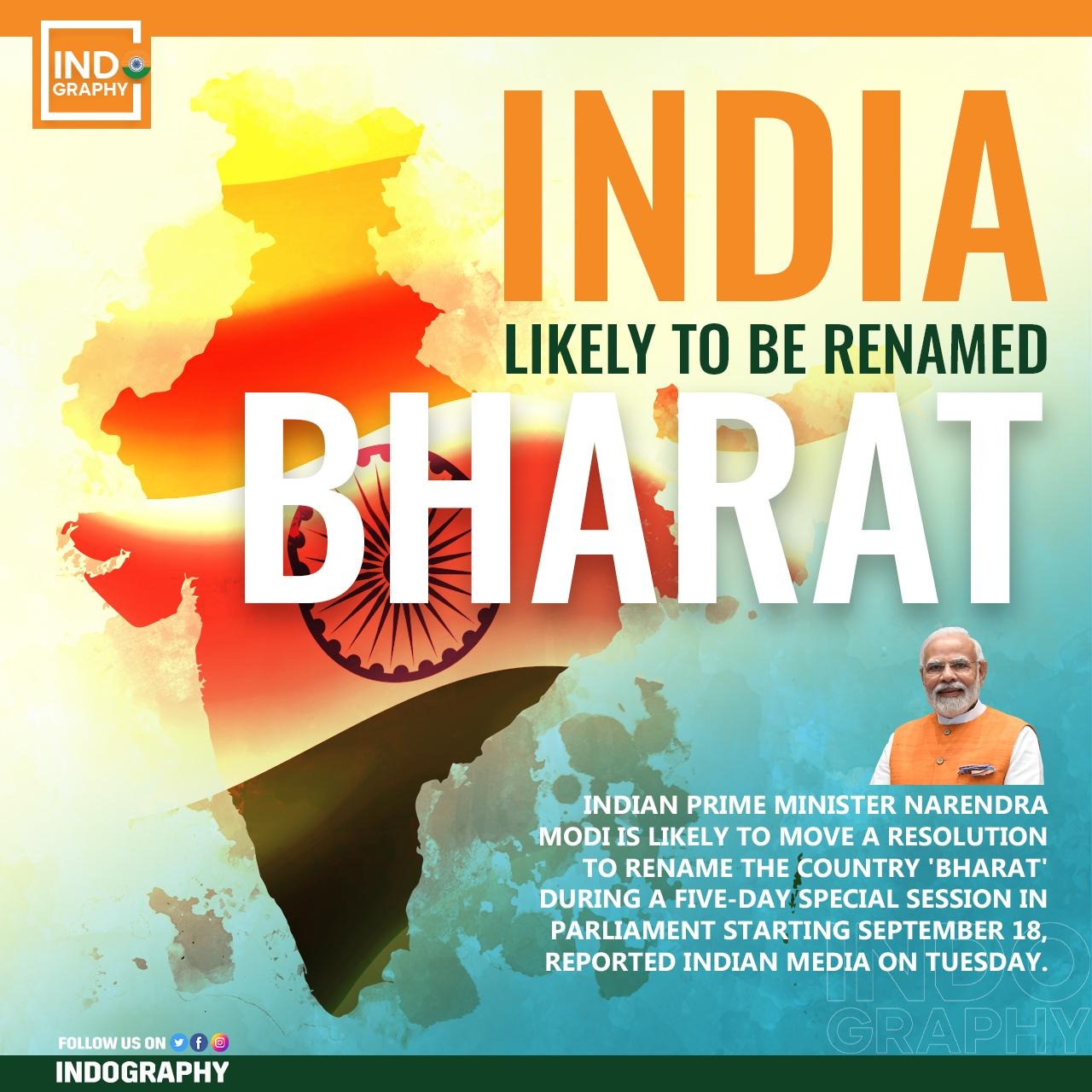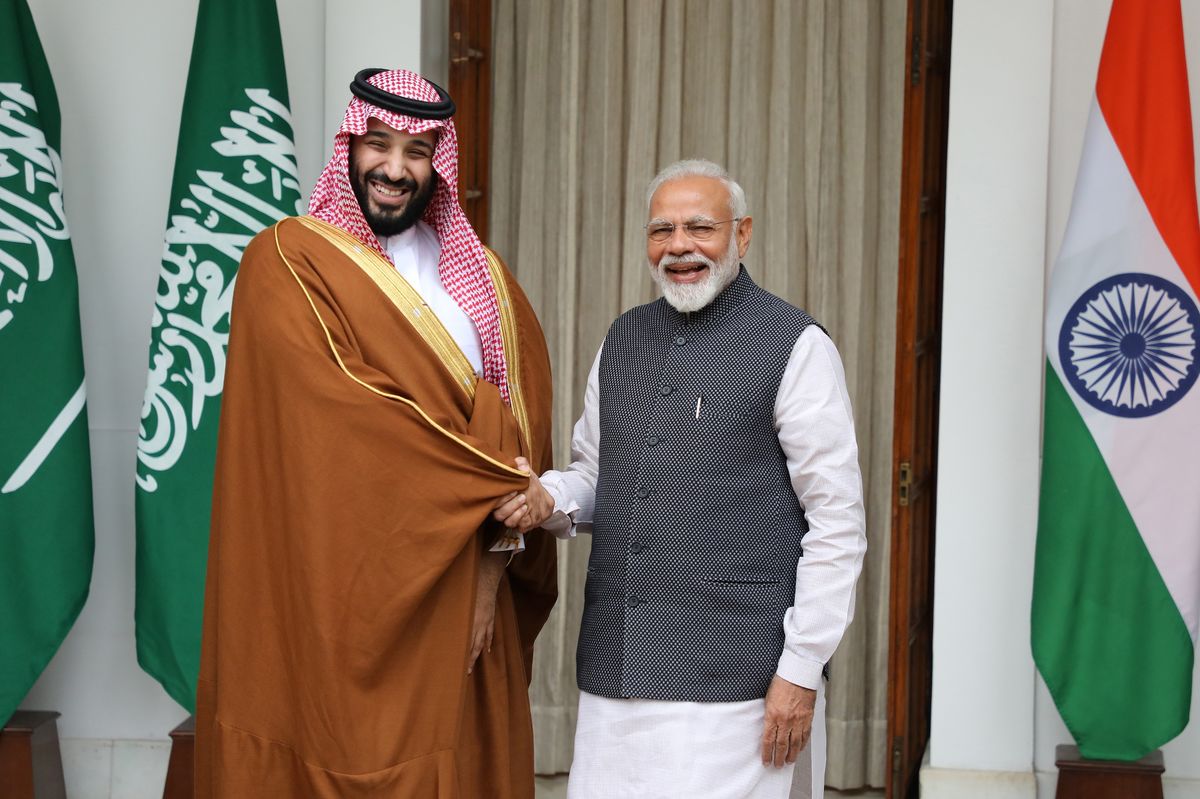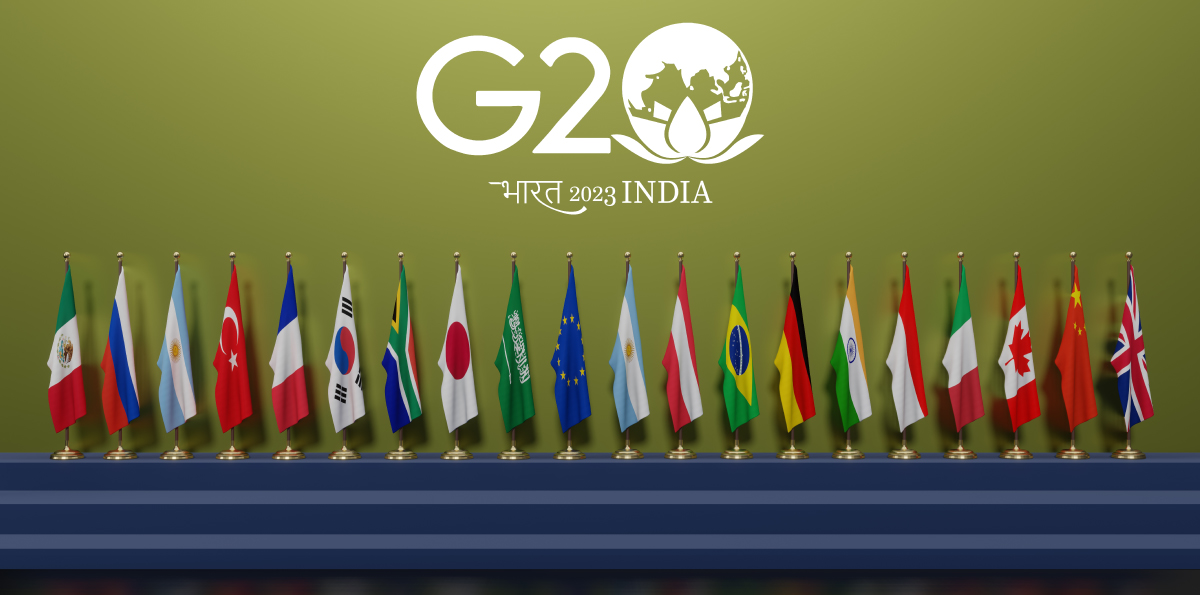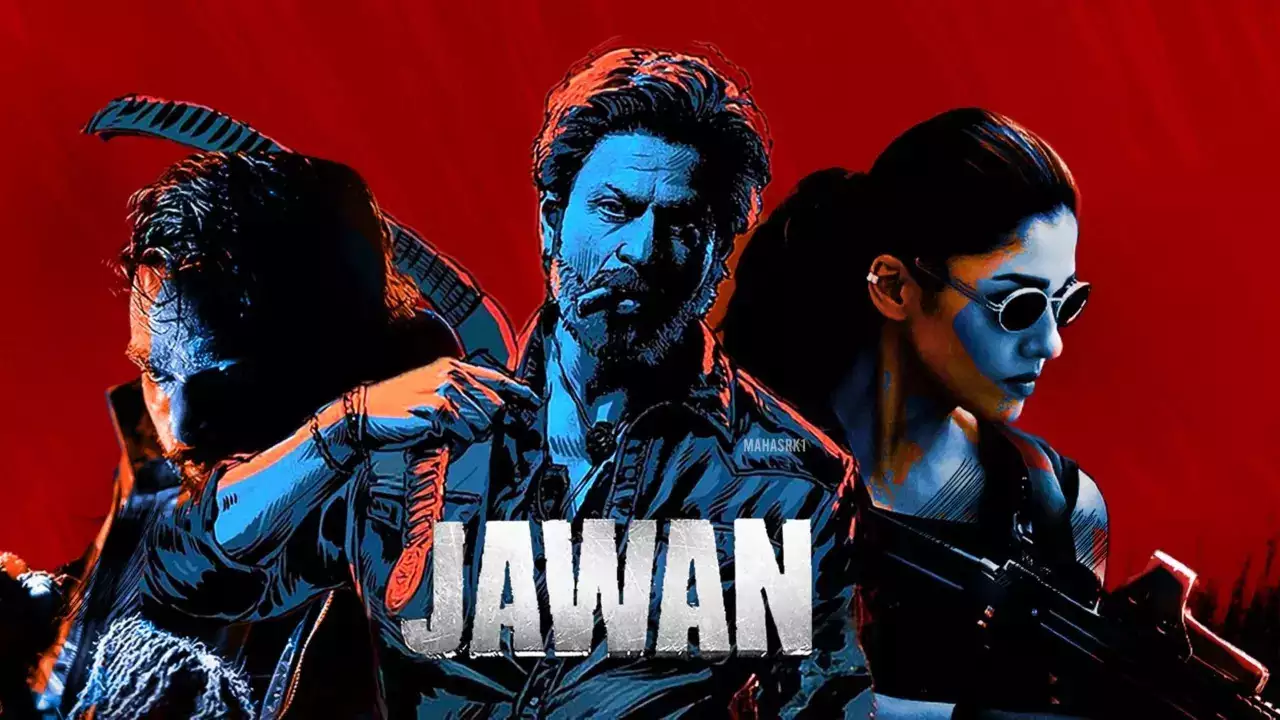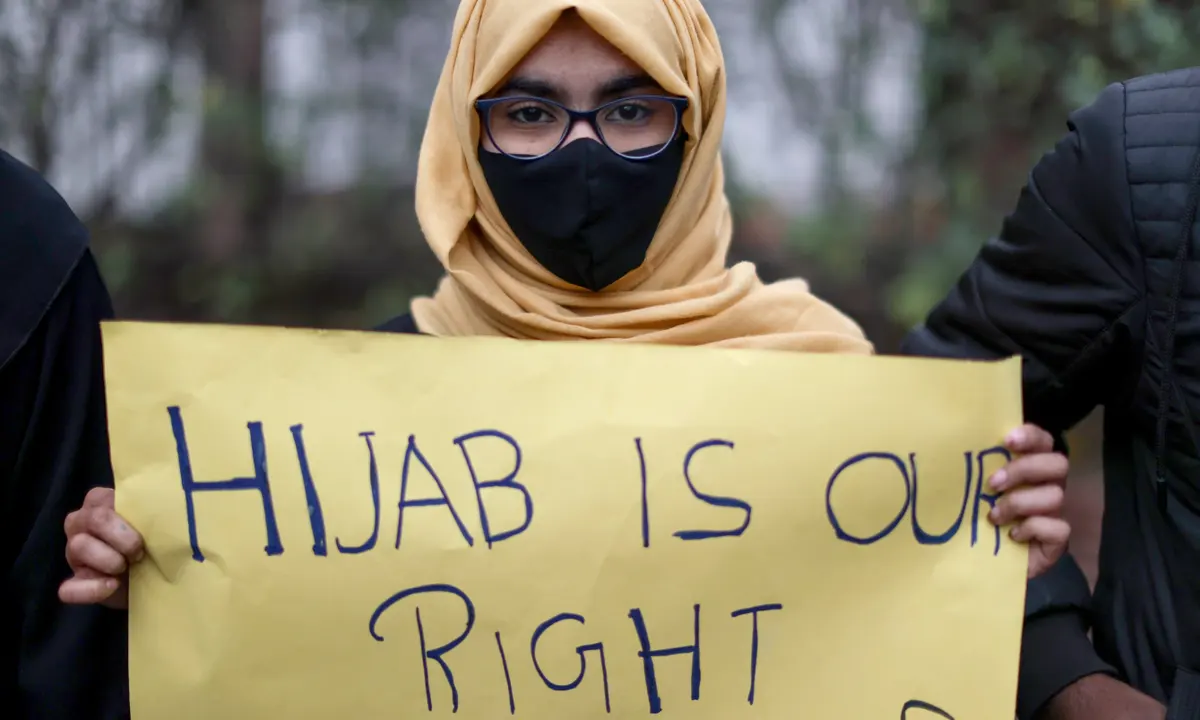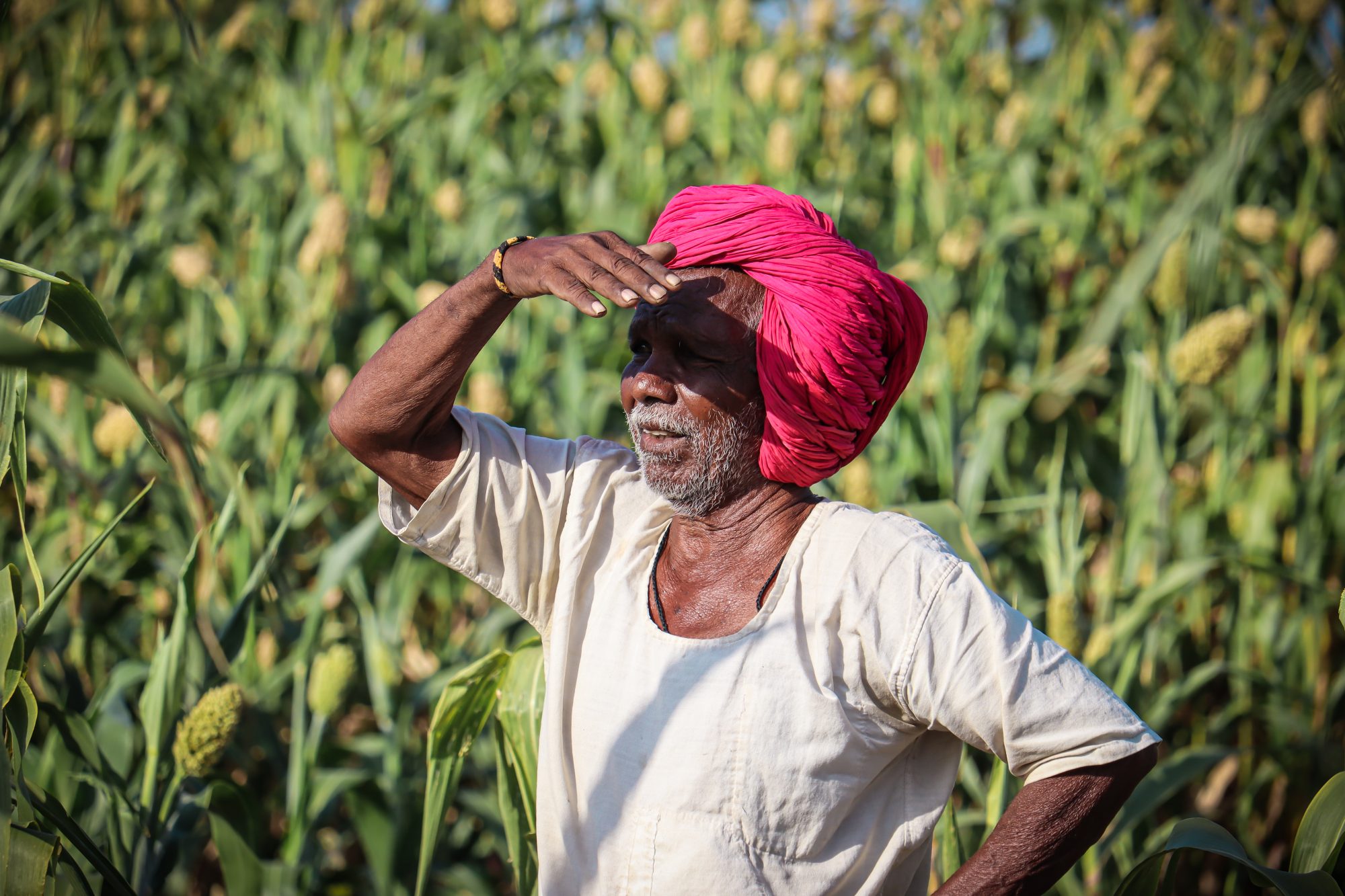There are periods throughout a country’s development when its entry onto the international scene becomes an empirical reality, one that the leadership of the country and its citizens must accept. One such turning point in India’s G20 voyage was the release of a consensus paper well in advance of the summit’s conclusion, which allayed any pessimism about New Delhi’s inability to present a common communiqué.
With shrewd diplomacy and planning, India has solidly established itself at the center of the new global order and decision-making, which culminated in the New Delhi Declaration during its G20 presidency. Despite a nine-month deadlock in which resolution seemed unattainable, 200 hours of arduous negotiations and four drafts eventually resulted in a consensus among the G20 members.
India placed a strong emphasis on unity over division throughout the negotiations. India’s G20 presidency was a significant turning point in its history, strengthening its position in the new world order. India is now seen as a reliable, powerful nation that stands up for mistreated and marginalized nations. The ‘Voice of the Global South’ virtual summit was hosted by Prime Minister Narendra Modi earlier in the year as a way to highlight his agenda. This required talking to 125 nations, which are frequently left out of these talks. Beyond the wealthier members, the majority of the G20 visitors to India were from the Global South. India stands out from other developing leaders in that regard.
We are often used to India consistently performing below expectations, so when it does well, it takes the country some time to process the news. Furthermore, it is unrelated to how the proclamation is worded. It has to do with how the G20 process as a whole was performed.
The COVID pandemic and the war between Russia and Ukraine brought attention to the over-reliance of the world’s economies on China’s supply chain. The necessity for trustworthy, tenacious partners as well as reasonably priced labor became clear. Global supply networks were interrupted by China’s repeated lockdowns. Trust has been damaged by geopolitical tensions, China’s imperial aspirations, and its invasive commercial tactics. The world is currently faced with a choice between China’s secretive authoritarianism and India’s democratic approach.
Due to the opposing positions taken by the G7 and the Russia-China alliance on issues like the Ukraine conflict and China’s regional expansionism, many people had their doubts about this year’s meeting. Critics questioned the likelihood of any meaningful united statement. However, India significantly outperformed forecasts. India asserted its independence during the Ukraine conflict by disobeying the wishes of the western bloc and acquiring Russian oil. The G20 members in New Delhi passed a resolution on Ukraine despite opposition from the West.
With the unveiling of the India-Middle East-Europe Corridor at the G20, India further demonstrated its significance in the global supply chain. This effort puts pressure on China’s regional economic objectives because it aims to increase commerce, improve energy transit, and enhance digital connectivity. ‘Electric Vehicle’ (EV) production is one of the corridor’s important future growth industries in addition to the green energy manufacturing value chain, as India is anticipated to overtake China as the third-largest automotive market by 2026, according to 2021 National University of Singapore research. These are just a few of the many possibilities available for investigation.
The policymakers were occupied trying to ambidextrously define India’s place in the global system, while the critics were busy trying to find errors—first with the enormous scale, then with the agenda, and lastly with the outcome. To put it mildly, it has been a fascinating journey as India rediscovers its global aspirations and its capacity for big diplomacy. Two dialogues were taking place at once through the G20 process, one within India, as common Indians began to recognize the increasingly hazy boundaries between the domestic and foreign, becoming much more actively involved in the country’s international outreach. The second conversation was with the rest of the world, which has previously frequently questioned India’s capacity and eagerness to take the lead on the world stage.
It was also clear that India excelled in digital public infrastructure (DPI). The Global Digital Public Infrastructure Repository (GDPIR) was proposed by India. The G20 members were drawn to the “India Stack,” a collection of open-source technologies. India pushed for the start of an international research project on millets and other ancient grains in order to highlight the goodness of millets and publicize their advantages. Another much anticipated result of India’s leadership is the Global Biofuel Alliance, a coalition of more than 30 nations and international organizations. It will make sustainable biofuels more accessible in developing nations. India’s initiative to convene a virtual meeting later in November to assess the status of all the recommendations made during the leaders’ summit is another first for the G20.
Narendra Modi has unleashed a newfound sense of ambition in India’s international interactions throughout the past ten years under his leadership. His bilateral diplomacy has been open to public scrutiny, but the G20 gave him and India as a whole a platform to emerge from the protective shell of a growing state. A global climate in which great power competition reemerged as the primary faultline helped New Delhi in this The shortcomings of the current multilateral institutions have become extremely clear under the pressure of a fast-changing global power balance. The global development agenda, which a significant portion of the globe was clamoring for following the epidemic, is now in jeopardy due to the conflict in Ukraine. The world’s apparent disarray has a leadership deficit at its core, as well as growing antipathy toward the West and Chinese assertiveness.
India has stepped up to fill this gap quickly, and it has used the G20 presidency to persuasively highlight its own leadership abilities. It is irrelevant that the G20 hasn’t exactly been an effective platform in the past. New Delhi had to play the card dealt to it, and it did so admirably. It defined the international development agenda through the prism of the so-called Global South because it was aware of the extreme geopolitical polarization. India did not create the structural realities of world politics, and it cannot change them on its own. However, it needed to figure out how to present its own global governance agenda.
And that it did expertly by emphasizing the connection between conflict and the development agenda, highlighting the obstacles to achieving the SDGs, highlighting its digital public infrastructure as a global public good, urging an accelerated process for the multilateral development bank reforms, highlighting the debt burden on low- and middle-income countries, and centering the Global South in all of this.
New Delhi can proudly look back on a formidable history of making this global platform far more accessible and relevant as the African Union leads the G20 to the G21. The New Delhi declaration’s approval “with 100% consensus on all developmental and geo-political issues” was merely the cherry on top.
With some having long since given up on reaching a consensus, there was much uncertainty regarding how India would bridge the gap on the issue of Ukraine. The G20 declaration, however, called on countries to defend international law, including territorial integrity and sovereignty, international humanitarian law, and the multilateral system that protects peace and stability, in line with New Delhi’s long-standing stance. With this, India’s ability to bridge gaps was clearly demonstrated on a global scale.
The capacity of New Delhi to create international platforms that offer answers to universal problems was also on display. India’s second institutional commitment to the energy transition after the establishment of the International Solar Alliance is the launch of the Global Biofuel Alliance to promote the use of cleaner fuels in order to accelerate international efforts to meet net zero emission targets by facilitating trade in biofuels. A comprehensive rail and sea connectivity network connecting the United States, India, West Asia, and the European Union has also been announced in the interest of establishing a more inclusive global economic system.
By organizing a summit of this nature and obtaining a broad consensus on how to manage global difficulties while tensions are high among major countries, India succeeded in accomplishing a great feat. The G20 process over the past several months has given the group the opportunity to rediscover its own potential as a global interlocutor, more so than the outcome, however spectacular that may be. The G-20 has become a much more active platform thanks to New Delhi’s astute leadership, and in the process, India has managed to increase its own reputation in the international system. Neither the G20 nor India’s external challenges will start to tackle all of the world’s issues starting tomorrow. On the other hand, neither the G20 nor Indian foreign policy will ever be the same.
